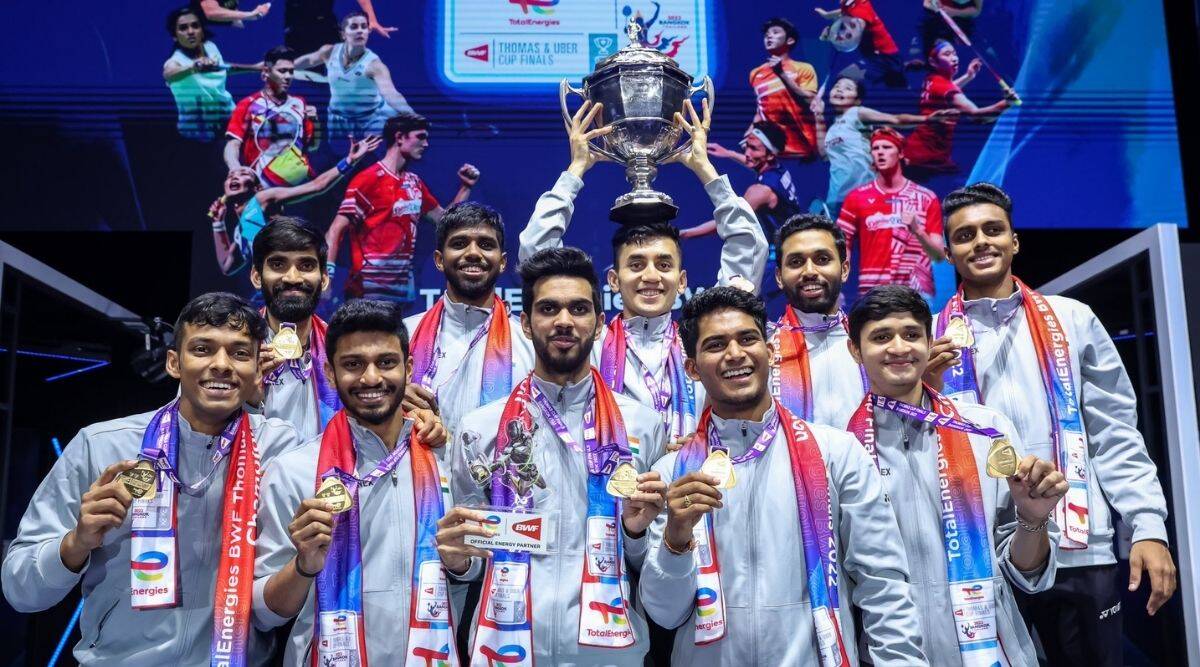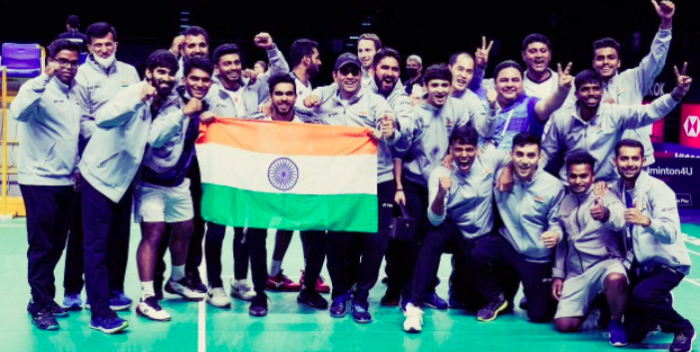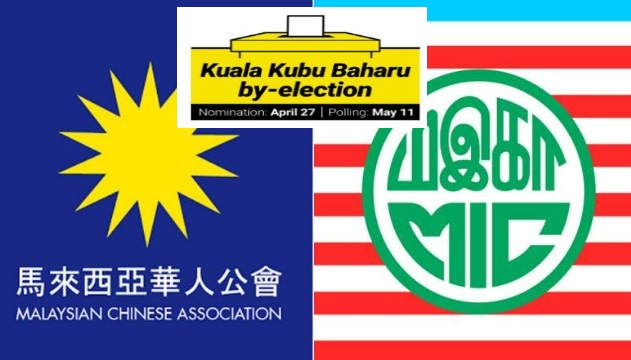Letter to Editor
INDIA’S Thomas Cup win is the result of long years of patience, perseverance and persistence. One can add resilience to the list also.
In the last two decades Indian badminton has been transformed thanks to economic development that brought corporate sponsorships, increased government funding, better facilities and a dedicated team of administrators, coaches and trainers not to mention an ambitious group of trainees that had brightened up the face of the shuttle sport.
The Indian coaches and players know very well that Indonesia, Malaysia, Denmark and China are formidable powerhouses and the only way to match these nations to win the coveted trophy is to have depth in both singles and doubles, which they had painstakingly built over the decade.
The Indian players were in top form and their performance peaked at the right time which can be seen by their steely determination against Malaysia and Denmark.
Indonesia was the toughest team in the tournament and it was the high morale of the Indians that had subdued the powerful Indonesian team 3-0.
It must be noted here that some of the badminton powerhouses, including Malaysia, are in the midst of a transition with senior players having become weaker and the juniors not strong enough yet, hence some of the upsets.
India’s Thomas Cup triumph will boost the stature of the sport and build up a large reservoir of players to ensure continuity and consistency in the future. India has a long and eventful history of badminton, having being introduced to the sport by the British.
Based on my observation during the recent Thomas Cup the Indians preferred stroke plays to smashes. George Lewis, Nandu Natekar, Dinesh Khanna and Prakash Padukone were all stylish stroke players unlike the Indonesians, Malaysians and the Chinese who specialised in jumping smashes whereas the Danes had a combination of both styles.
Indian badminton players have done well individually in the Commonwealth Games, the All England and Asian Games.
In the team games like the Thomas Cup, however, they did not have sufficient depth until recently. Their doubles have mostly been a big let down. Nowadays, much importance has been given to the doubles by Danish coach Mathias Boe.
For example, if the first Indian doubles had faltered, it would have been an uphill task beating Indonesia and winning the Thomas Cup. The Indian women’s team also has depth now with capable singles and doubles players.
India could use this advantage in 2023 for the Sudirman Cup, which comprises men’s and women’s singles and men’s and women’s doubles and a mixed double.
Training is most important in sports
For long, Indian badminton had stagnated due to lack of funds and training facilities and produced one or two players every decade or so who surprisingly became world champions.
When Prakash Padukone showed much potential in 1979, a request was made by then-prime minister Indira Gandhi to Indonesian President Suharto to include Prakash for a six-month stint in Indonesia’s highly acclaimed yet very secretive badminton training programme.
Once he had completed his training in Indonesia, Prakash was a totally transformed player as he mesmerised the badminton world with his victories in the All England, World Championships and numerous other tournaments.
This episode therefore showed what difference good coaches, trainers and facilities can do in moulding a player who is talented and ambitious. As such, it is interesting to note that the Indian government is now spending more on numerous sports programmes.
With the Thomas Cup win there could be a windfall also from corporate advertisements and sponsorships for badminton in a cricket crazy nation, where even hockey loses out in popularity and funding. India has now won three world cups – Hockey, Cricket and now in badminton. This should raise the sports profile of the nation which has long been ridiculed, despite its 1.2 billion population, for its low achievements in sports.
The BWF under its current president Poul-Erik Høyer Larsen is very much change-oriented, which is good for badminton worldwide.
Now, three new nations have won the Thomas Cup for the first time — Japan, Denmark and India. In the Uber Cup South Korea has managed to wrest the trophy from the mighty Chinese team.
At the rate of progress countries like South Korea, Thailand, Taiwan and Singapore could be Thomas Cup contenders of the future.
In Europe, England needs to revive its badminton fortunes especially with the advantage of its large number of Asian migrants.
The rise of Spanish superstar Carolina Marin offers much hope for European nations like Germany, the Netherlands and others for their players to do well at least individually in the increasing number of badminton tournaments held worldwide these days.
The BWF could also look into the possibility of holding an annual World Badminton Club tournament to provide an impetus and recognition for badminton clubs. There are now a large number of independent players and clubs worldwide.
This initiative will revive badminton’s popularity and provide opportunities for younger players who have been sidelined by the national associations due to quota and other reasons.
Winning the club tournament should be regarded as prestigious as winning any other international badminton titles.
Despite much hype about the artificial shuttlecocks being introduced last year, it has not become a reality.
The artificial shuttlecocks will definite give a big boost and bounce to badminton whose popularity has been hampered by the high priced goose-feathered shuttlecocks.
The BWF should focus on a number of countries where Asian migrants from badminton-playing nations have settled such as Canada, the US, Australia, New Zealand and the UK.
These migrants can become the nucleus or core group to revive or re-popularise badminton in these countries and add to a growing list of nations emerging stronger in badminton.
Lastly, the BWF has to take up the case of badminton results not being announced in the news bulletins of various media.
CNN, BBC, Al Jazeera and other English news channels worldwide have hardly mentioned any news about badminton or squash but provide lengthy presentations on the results of other sports.
This discriminatory attitude has to end and the BWF should take up the matter seriously with the International Olympic Committee (IOC) and international sports bodies to bring pressure on television channels to air results of badminton tournaments. — May 18, 2022
V. Thomas
Sungai Buloh, Selangor
The views expressed are solely of the author and do not necessarily reflect those of Focus Malaysia.











